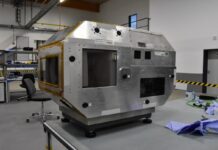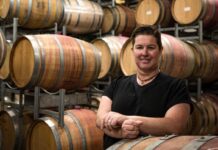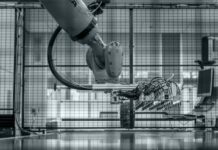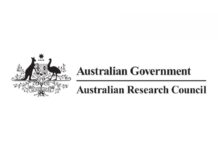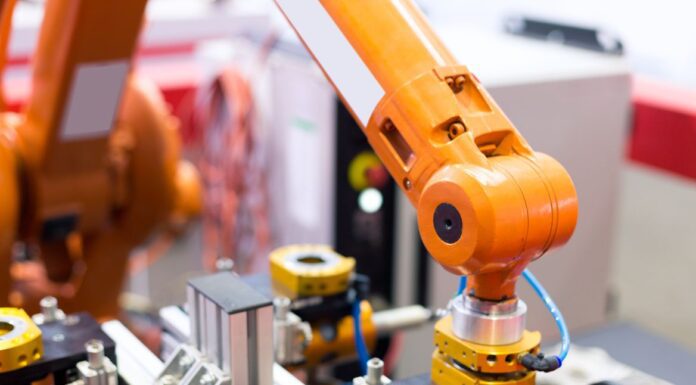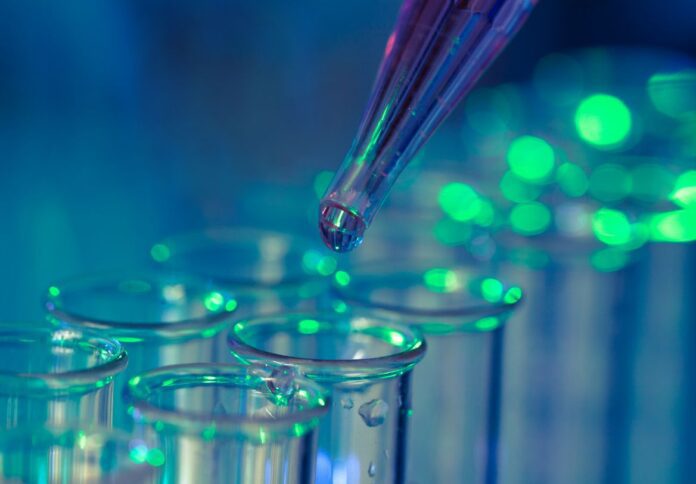
Eight Industry Laureate Fellowships have received a total of $27 million from the Australian Research Council to help translate research ideas into real-world innovations.
Judi Zielke, chief executive officer of ARC, said Industry Fellowships will help build skills and networks across universities and industry to conduct innovative and internationally competitive research while achieving tangible outcomes.
“I look forward to seeing how these researchers translate their skills and knowledge into real-world outcomes for industry partners and the Australian community — from speeding up decarbonisation with green hydrogen, to the manufacture of material that will transform internet speeds,” Zielke said.
The ARC Industry Laureate Fellows include:
Professor Heike Ebendorff-Heidepriem from the University of Adelaide, who received $3.3 million for a study that seeks to improve purity and manufacturing scale of fluoride glass optical fibres, which promises faster internet speeds, communication, and laser surgery applications that are used by many Australians.
Associate Professor Phillip Cassey from the University of Adelaide was awarded $3.8 million to develop new digital and wildlife forensic tools that would enhance surveillance and detection of the illegal killing and trade of wild animals and plants.
The University of Melbourne’s Professor Timothy Fletcher secured $3.5 million to establish smart grid of stormwater storages, providing consumers with nonpotable water supply, while financially rewarding them for contributions to flood mitigation and environmental flows to waterways.
Professor Alexander Hamilton from the University of New South Wales received $3.8 million for the development of silicon quantum computer technology and create new quantum components to dramatically speed up quantum computing capabilities.
Professor Shizhang Qiao from the University of Adelaide was granted $3.5 million for the design and development of cost-effective, long-lasting, and fast-charging sodium-based batteries to store renewable energy and manage the release of excess energy into power grids during peak demand in Australia.
Professor Veena Sahajwalla, the University of New South Wales, received $3.5 million to develop approaches that can be implemented locally anywhere in Australia, such as for using waste as a resource, recovering metal alloys, rare earth metals, and generating jobs, skills, and new business opportunities.
Professor Gerhard Swiegers of the University of Wollongong seeks to use the $3.7 million grant to accelerate the decarbonisation of the Australian manufacturing industry by advancing the manufacture of high-efficiency water electrolysers, a key component of green hydrogen, an energy-dense renewable fuel.
Professor Jennifer Smith-Merry of the University of Sydney will use her $2.5 million grant to address deficits in the National Disability Insurance Scheme for people with psychosocial disabilities.


